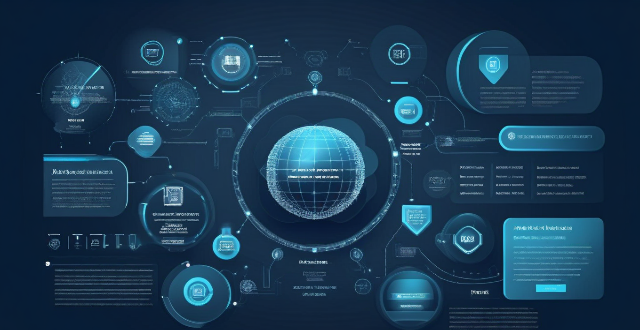Huawei, a global tech company, addresses privacy and data security concerns through AI technology measures such as data minimization, encryption, local processing, user consent, anonymization, security by design, transparency, employee training, and research investment.

How Huawei's AI Technology Addresses Privacy Concerns and Data Security Issues
Huawei, a leading global technology company, has been investing heavily in artificial intelligence (AI) technologies. As AI becomes more integrated into our daily lives, concerns about privacy and data security have grown. Huawei recognizes these concerns and has taken several steps to address them. Below are some of the ways Huawei's AI technology addresses privacy concerns and data security issues:
Data Minimization
- Collect Only Necessary Data: Huawei's AI systems are designed to collect only the minimum amount of data required to provide the service or feature. This reduces the risk associated with data collection.
Data Encryption
- End-to-End Encryption: Huawei uses end-to-end encryption for data transmission between devices and servers. This ensures that even if data is intercepted during transmission, it cannot be read without the decryption key.
Local Data Processing
- On-Device AI: Huawei's smartphones come equipped with on-device AI capabilities, allowing data to be processed locally instead of sending it to the cloud. This minimizes the risk of data breaches during transmission.
User Consent and Control
- Explicit User Consent: Huawei requires explicit user consent before collecting any personal data. Users have control over what data is collected and how it is used.
- Granular Permissions: Users can grant or revoke permissions for individual apps, controlling access to their device's features and data.
Data Anonymization
- Anonymized Data: Where possible, Huawei anonymizes data to remove personally identifiable information, reducing the risk associated with data analysis and storage.
Security by Design
- Secure Hardware: Huawei devices often include hardware-based security features like the iTrustee secure environment, which provides a trusted execution environment for sensitive operations.
- Regular Security Updates: Huawei regularly releases security updates for its devices and software to patch vulnerabilities and protect against new threats.
Transparency and Accountability
- Public Reports: Huawei publishes transparency reports detailing government requests for user data and how those requests are handled.
- Third-Party Audits: Huawei subjects its devices and services to third-party security audits to ensure compliance with international standards.
Employee Training and Culture
- Security Awareness: Huawei invests in employee training to foster a culture of security awareness and responsibility within the organization.
Research and Development
- Investment in Research: Huawei continues to invest in research and development to improve the security of its AI technologies and stay ahead of emerging threats.
In conclusion, Huawei is committed to addressing privacy concerns and data security issues through a combination of technological solutions, policy measures, and cultural practices. By prioritizing user privacy and security, Huawei aims to build trust with its customers and maintain its position as a leader in the technology industry.